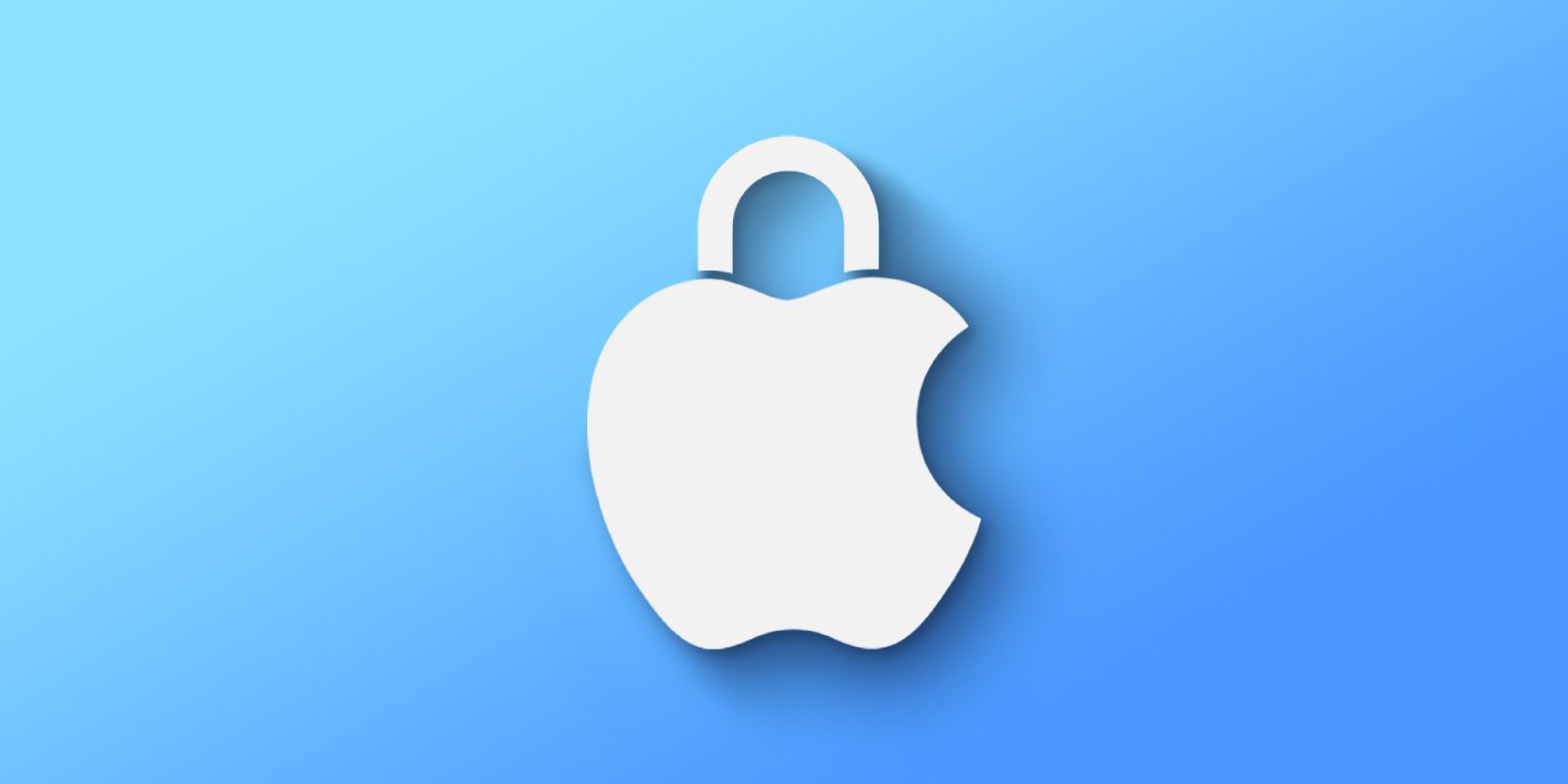
A new report from The Independent this weekend offers an interesting look at why and how Apple is “working hard to break into its own iPhones.” Ivan Krstić, Apple’s head of security engineering and architecture, spoke to The Independent for the report and explained why Apple feels the need to invest so heavily in security.
Notably, Krstić also addressed the possibility of Apple opening up the iPhone to third-party app stores and sideloading due to impending regulation in the European Union.
This story is supported by Mosyle, the only Apple Unified Platform. Mosyle is the only solution that fully integrates five different applications on a single Apple-only platform, allowing businesses and schools to easily and automatically deploy, manage, and protect all their Apple devices. Over 38,000 organizations leverage Mosyle solutions to automate the deployment, management, and security of millions of Apple devices daily. Request a FREE account today and discover how you can put your Apple fleet on auto-pilot at a price point that is hard to believe.

One of the most common arguments in support of sideloading is that the vast majority of iPhone users would still choose to use the App Store. Sideloading would simply be presented as a separate choice for those who chose to take advantage of it. Krstić, however, believes that’s a “great misunderstanding.”
“That’s a great misunderstanding – and one we have tried to explain over and over. The reality of what the alternative distribution requirements enable is that software that users in Europe need to use – sometimes business software, other times personal software, social software, things that they want to use – may only be available outside of the store, alternatively distributed.”
In these types of scenarios, the end-user wouldn’t actually have a choice to use the App Store. Instead, they would be forced to use a third-party system – which Apple believes would not be as secure as the App Store.
“In that case, those users don’t have a choice to get that software from a distribution mechanism that they trust,” Krstić explained. “And so, in fact, it is simply not the case that users will retain the choice they have today to get all of their software from the App Store.”
Apple executive Craig Federighi has also vehemently spoken out against sideloading. In a speech two years ago, Federighi referred to sideloading as a “cybercriminal’s best friend.” In an interview at WWDC this year, however, Federighi acknowledged that Apple could have no choice but to comply with EU regulations on sideloading and third-party app stores.
Elsewhere in The Independent’s piece, Krstić offers some interesting insight into Apple’s security practices and the overall industry of data breaches, security, and encryption. Krstić, for instance, touched on how Apple oftentimes clashes with governments when it comes to protecting user data.
“We do not see ourselves as set against governments,” according to Krstić. “That is not what any of this work is about. But we do see ourselves as having a duty to defend our users from threats, whether common or in some cases, truly grave.”
The full report is well worth a read and can be found on The Independent’s website.
Follow Chance: Threads, Twitter, Instagram, and Mastodon.
Add 9to5Mac to your Google News feed.
FTC: We use income earning auto affiliate links. More.







